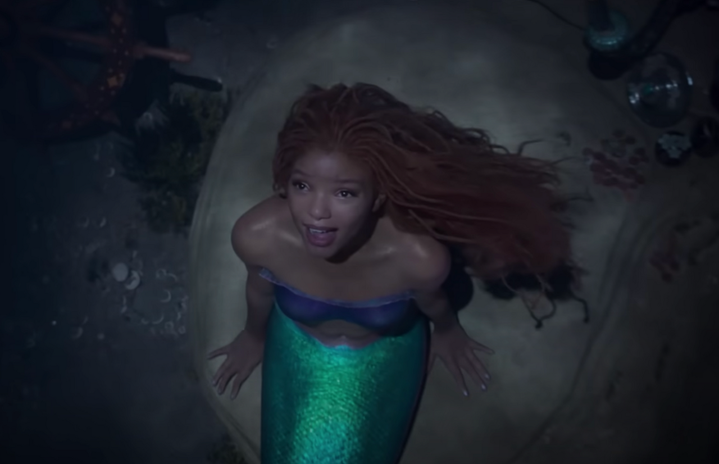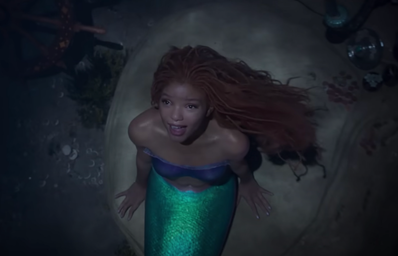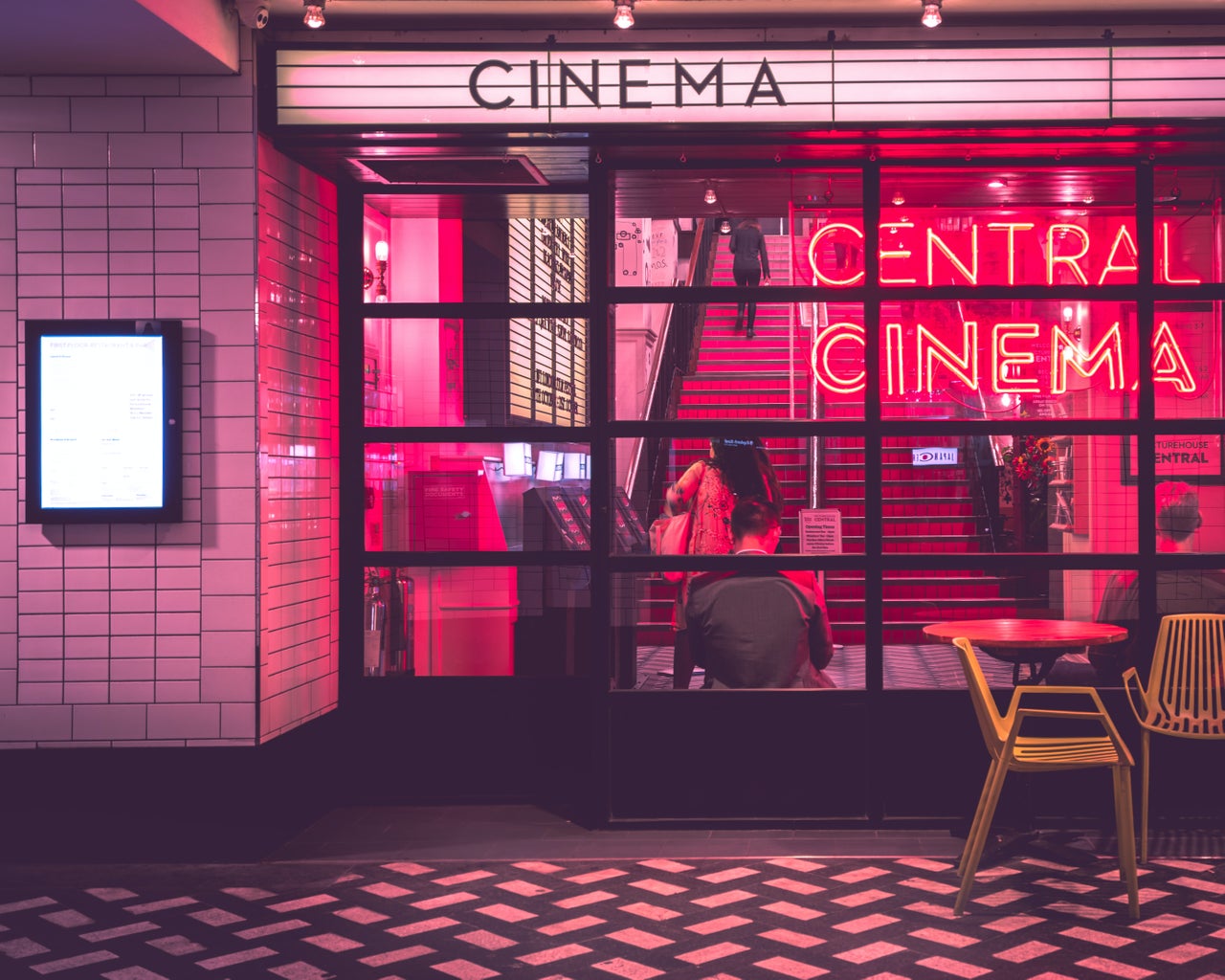On Sept. 9, Walt Disney Studios released a teaser for the official trailer of The Little Mermaid, a live-action rendition of the classic. Halle Bailey, a 22-year-old actress and singer is starring in the highly anticipated remake that is sure to strike a chord in every generation that grew up watching the original.
The trailer begins by exploring the underwater world of The Little Mermaid, before finally revealing Bailey singing just a snippet of the iconic Little Mermaid song, Part of Your World.
First released in 1989, the original animated film featured a white mermaid with iconic fire-engine red locks and big blue eyes. The live-action remake, coming to theaters in May of 2023, stars Bailey, an African-American woman, as The Little Mermaid.
Disney’s casting of an African-American actor as the traditionally white character has created intense controversy. Disney announced Bailey’s casting as Ariel in July of 2019, but only recently has the conversation piqued.
After they finished filming in July of 2021, Bailey posted to her Instagram, “I feel so grateful to have experienced this film in all of its glory.” Regardless of her excitement, the trailer’s release was not all smooth sailing.
Due to contention over the matter, the hashtag #NotMyAriel was the number one trending topic on Twitter in July, showing apparent defiance of Disney’s casting. Internet trolls posting things like “That’s not the little mermaid. The little mermaid has blue eyes, red hair and definitely isn’t black.”
However, some fans came to Bailey’s support, one tweeting, “To the racists: H.C. Anderson never commented on Ariel’s skin colour, only that it was “clear and delicate as a rose’s leaf,” so as long as she doesn’t have barnacles, she’s good. Also, she’s a fish person.”
Andersen is the author of the original book, The Little Mermaid, written in 1836. Talk about outdated. One popular view on the issue is that the remake does not need to be a replica of the original, including Ariel’s physical appearance. She is a mermaid, which, BTW, is not a real species, and the movie is pure fiction.
Some people are using the hashtag as disapproval of “race swapping,” hoping to see representation in a new character, not just the reuse of existing ones. One Twitter user wrote, “Disney had 33 years to create an original black mermaid princess but instead they [turned] Ariel black. Representation matters. Black women should not have to recycle white princesses in order to be royalty.”
Stepping away from the hate, Bailey decided to focus on the positive, responding to a reaction video on Twitter with almost ten million views. She wrote, “People have been sending these reactions to me all weekend and I’m truly in awe this means the world to me.”
In general, Disney and the media lack representation for people of color, so this matter has attracted people of all races and opinions to engage in the conversation.
The casting is final, leaving those opposed to come to terms with their disappointment. Nevertheless, the trailer and casting have inspired young women of color worldwide. Aside from those wishing Disney stuck with the traditional portrayal, the trailer was well received and has garnered over 1 million likes on Youtube.
All forms of social media are flooded with parents filming their children’s ecstatic reactions to the trailer. Overheard are little girls exclaiming, “She’s brown like me!” To see representation in a fairytale story is every child’s dream, but for people of color, it is often rare. For example, princess Tiana from The Princess and the Frog is currently the only black Disney princess out of twelve.
So many young children idolize Disney princesses, dressing up as them for Halloween and having princess-themed birthday parties. Disney’s demographic includes people of all races and backgrounds, so they must represent that. Every child and adult deserves to see someone who looks like them in popular media.
The film has been and will continue to be a beacon of light for people worldwide.



